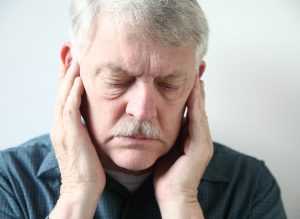Disclaimer: This website provides health information for educational purposes only and is not a substitute for professional medical advice, diagnosis, or treatment. Always seek the guidance of a qualified healthcare provider with any questions you may have.
 Although one of the most misunderstood joint-related conditions, no one can deny the fact that temporomandibular joint (TMJ) disorder is a painful, sometimes even debilitating condition. Sadly, despite the disorder afflicting around a quarter of the entire population, only a small percentage seek professional help.
Although one of the most misunderstood joint-related conditions, no one can deny the fact that temporomandibular joint (TMJ) disorder is a painful, sometimes even debilitating condition. Sadly, despite the disorder afflicting around a quarter of the entire population, only a small percentage seek professional help.
The concerning statistics on the number of TMJ disorder cases
According to The Jaw Health Resource, numerous studies conducted on TMJ disorders revealed certain trends in their prevalence. Research suggests that up to 25 percent of the entire world’s population suffer from these joint disorders. However, only around 5 percent of the afflicted seek professional medical assistance and treatment.
Additionally, researchers found younger people to have greater risks of developing TMD. Women are also more susceptible compared to men, especially females taking oral contraceptives or estrogen supplements.
Other potential risk factors
Many people know of TMD prevalence and the risk factors, much thanks to the wealth of information available about these disorders. However, some risk factors are not that well-documented. These include the existence of temporomandibular joint disorder symptoms in musicians, especially those who play wind instruments.
Patients with both schizophrenia and TMJ disorders may also experience an increase in the severity and frequency of TMD symptoms.
The prevailing symptoms of this considerably prevalent condition
Not only does TMD affect a significant percentage of the population; its symptoms also almost always come with discomfort, pain, and swelling. Worst, the pain may not only affect the jaw joint area; it can spread from this part to surrounding muscles and tissues, the ears, and all the way to the head.
You should seek professional medical attention when you experience tenderness, swelling, or pain in your jaw joint area, face, neck, and shoulders combined with headaches, dizziness,or hearing difficulties. Jaw pain by the ear (or both ears), difficulties in opening or closing the jaw, locking of the jaw, as well as annoying sounds in the ear including popping, ringing, grating, or clicking should also prompt you to get medical help.




